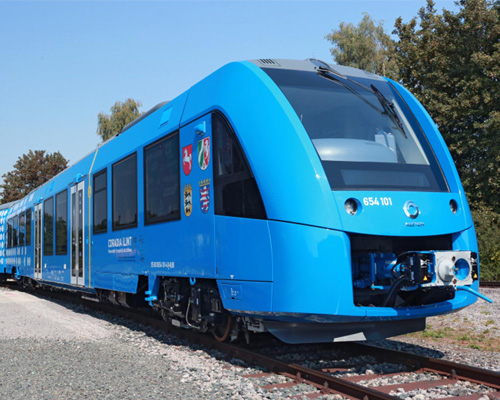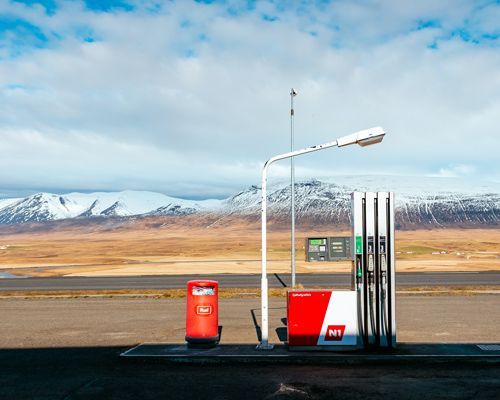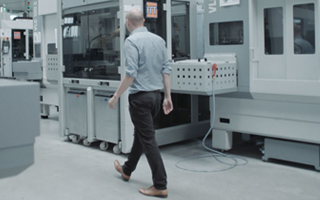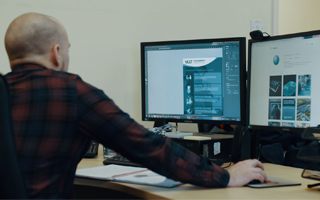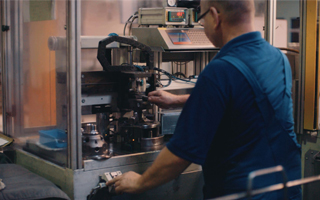Coming Soon: A Hydrogen Supercar Weighing Just 620kg
12th August 2024
Our cars are getting heavier. According to an automaker in Wales vehicles now weigh 25% more than they did seven years ago. It’s a tipping point and that same company are looking to balance the scales.
Hydrogen holds the key to this. Not only that but a hydrogen supercar no less.
Working out of the Welsh town of Llandrindod Wells, Riversimple have a history with this particular chemical element.
Back in 2016 they unveiled the ambitious Rasa. A two-seater hydrogen-electric road car, it was the realisation of 15 years of development. Spearheaded by founder and former racer Hugo Spowers, the Rasa was (is) powered by an 8.5 kW hydrogen fuel cell, combined with a regenerative braking system that recovers 50% of braking energy.
Designed by Chris Reitz of Alfa Romeo and Fiat fame, it certainly caught the attention of petrol heads everywhere.
Translated from Latin, Rasa reads ‘clean slate’ and that’s exactly what Spowers saw this as, later calling electric cars no more than a stop-gap solution. A certain Elon Musk might argue otherwise but Riversimple have pressed ahead with the research and development of hydrogen-fueled cars in the proceeding years.
The Hydrogen Supercar Concept

Last month these pioneers announced plans for a lightweight supercar combining green technology with cutting-edge engineering.
For context, no zero-emission car boasting a 400-mile range is available at much less than 2,000kg. Riversimple’s weighs in at 620kg. In other words, it’s a gamechanger.
The as yet unnamed concept will consist of four inboard electric motors and a lightweight carbon fibre chassis.
Supercapacitors also feature alongside 800v architecture, while the hydrogen fuel cell itself will conjure 29kw of electrical power. Crucially, it can be refilled in just five minutes.
Unrivalled dynamics are promised, along with a top speed of 100mph. Any faster and the speedometer will impinge on weight and efficiency, sacrilege for this particular project. 0-60mph will be achieved in 3.5 seconds.
Boxing in the motoring equivalent of the light featherweight division, the successor to the Rasa can push further. 410 miles of range will be possible.
How Coventry University Will Assist In Design of Hydrogen Supercar
Unlike its predecessor the design itself will be entrusted to budding not experienced creatives. Indeed, Riversimple have teamed up with Coventry University to invite students to submit proposals for both the body and interior. This is to become the key focus for the Automotive and Design course across the Autumn term.
The winning entry, decided by a panel that includes Head of Design at VW, Andreas Mindt, may well be used for the build itself. That’s one way to enhance a CV.
In all probability this particular supercar will be a prized collectible. A mere 10-20 are expected to go into production.
Speaking recently, Spower explained his motivations.
“This car is an antidote to excess and power for the sake of it,” he said. “And is an opportunity to redefine sports cars for the 21st century. We want the look to embody an elegant and sophisticated simplicity but unquestionably modern – as befits a cutting-edge vehicle with radically different engineering.
And promising an exhilarating experience, he continued: “These supercars will be immense fun to drive and demonstrate exceptional vehicle dynamics, range, refuel time, light weight and, with Coventry University students’ help, style.”
The Negative Impact of Heavier Cars

It’s worth noting Riversimple won’t be the first to launch a hydrogen supercar. That’s because Hyundai are well intro their own project, priming the N Vision for a 2026 launch. Recent reports suggest a road-ready trial could take place before the end of this year on a model likely to cost in the region of $366,000. These will be comparatively commonplace, with 200 expected to make production in the first two years.
So why are more innovators and manufacturers weighing in on the weight issue? In short, because heavier vehicles bring negatives aplenty. The larger a car, the more energy is required to move it. This leads to greater resource consumption and rising pollution.
Amazingly, 78% of microplastics within the world’s oceans are said to stem from types.
There is also a direct correlation between a jump in road accident injuries and the increased weight of vehicles generally. The above issues have led some to claim motoring is in the mist of a weight crisis.
A strict diet of hydrogen, mixed with some Welsh innovation, may just bring things under control.



